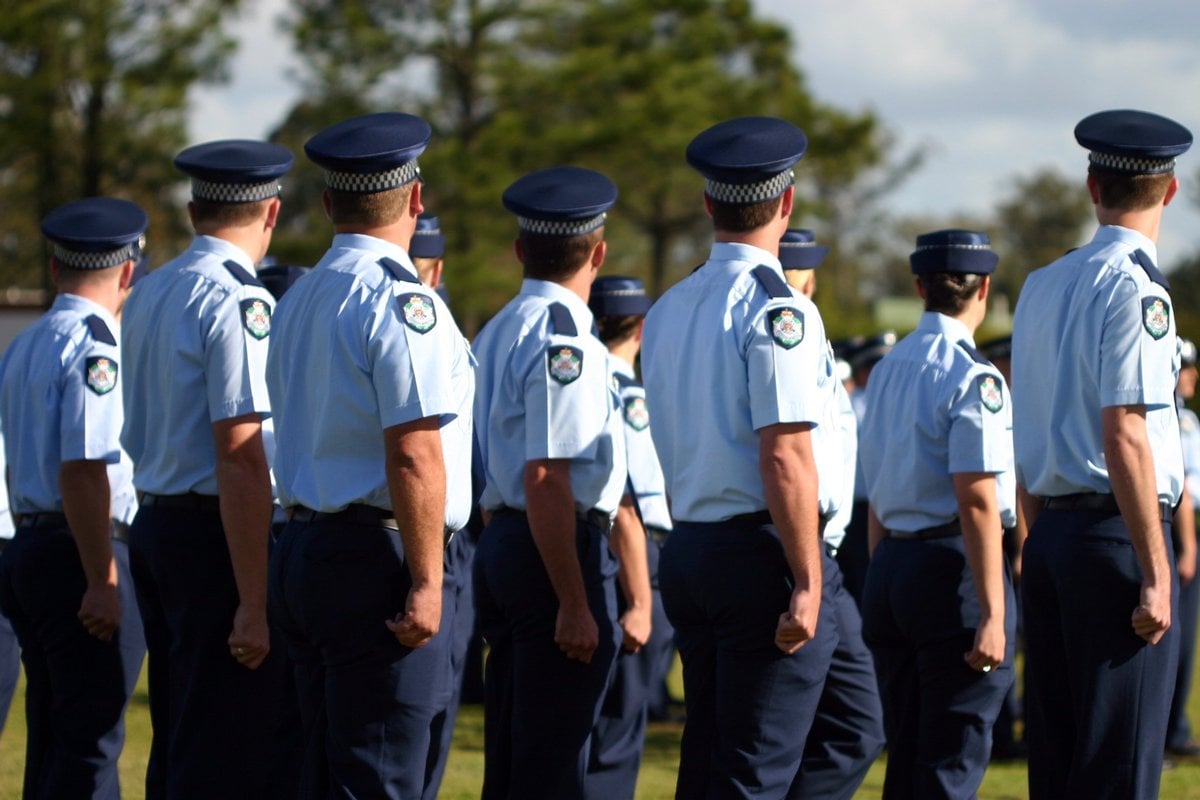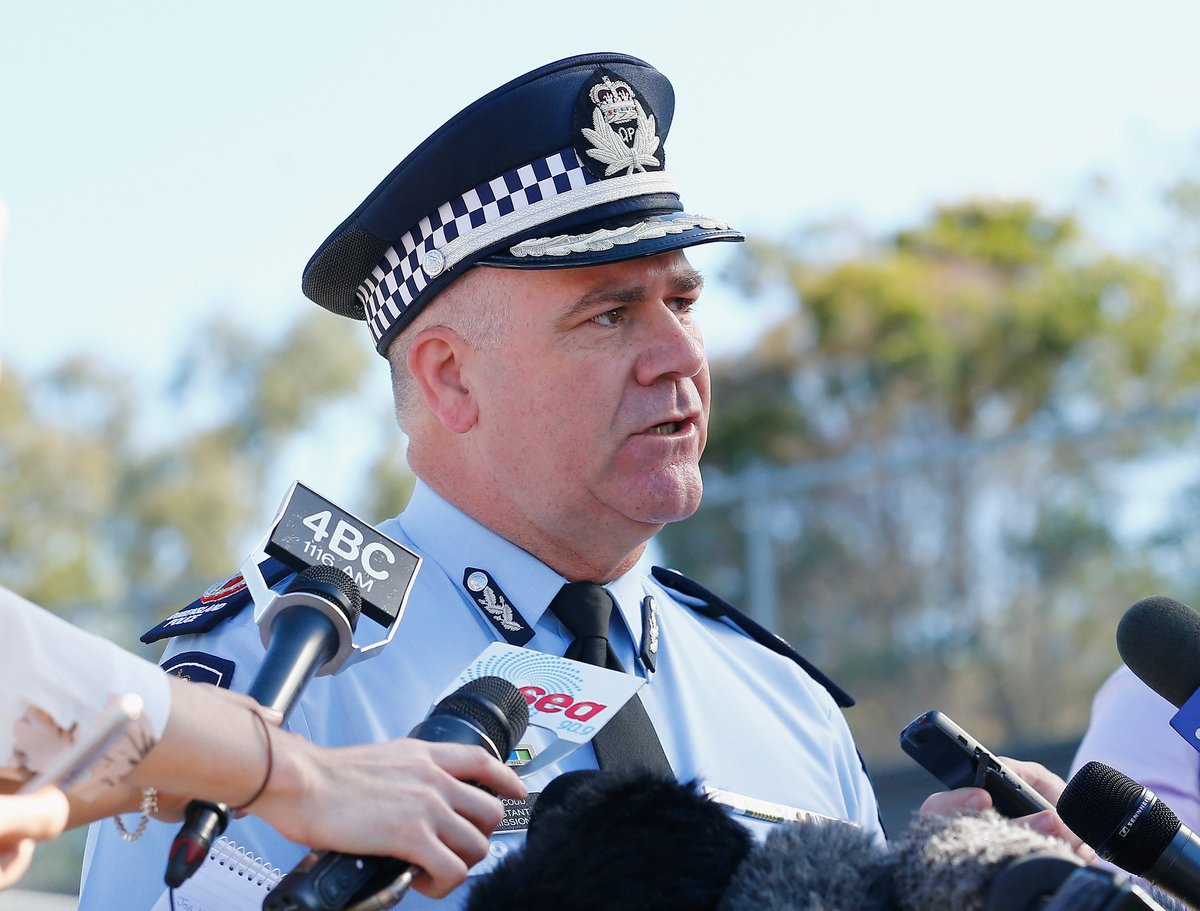
Content warning: This story includes descriptions of domestic violence that may be distressing to some readers.
Queensland's police response to domestic and family violence is currently under the microscope, as part of a four-month-long inquiry.
The Independent Commission of inquiry, which began on May 30, is examining whether "cultural issues" within the Queensland Police Service negatively affect how they respond to domestic and family violence.
It is also looking at the experiences of regional and Indigenous police officers, legal representatives and community support workers.
Women and violence: The hidden numbers. Post continues below.
The inquiry, which has a budget of $3.4 million, was announced by Queensland Premier Annastacia Palaszczuk in May, following recommendations from the Women’s Safety and Justice Taskforce.
"Let me make this very clear: our police service does an exemplary job, countless lives have been saved because of the men and women in our police service," the premier said at the time.
"But many survivors report that they did not receive an adequate response at their particular point in time."


Top Comments